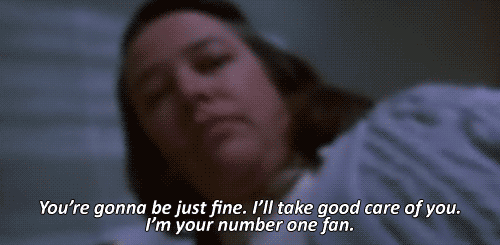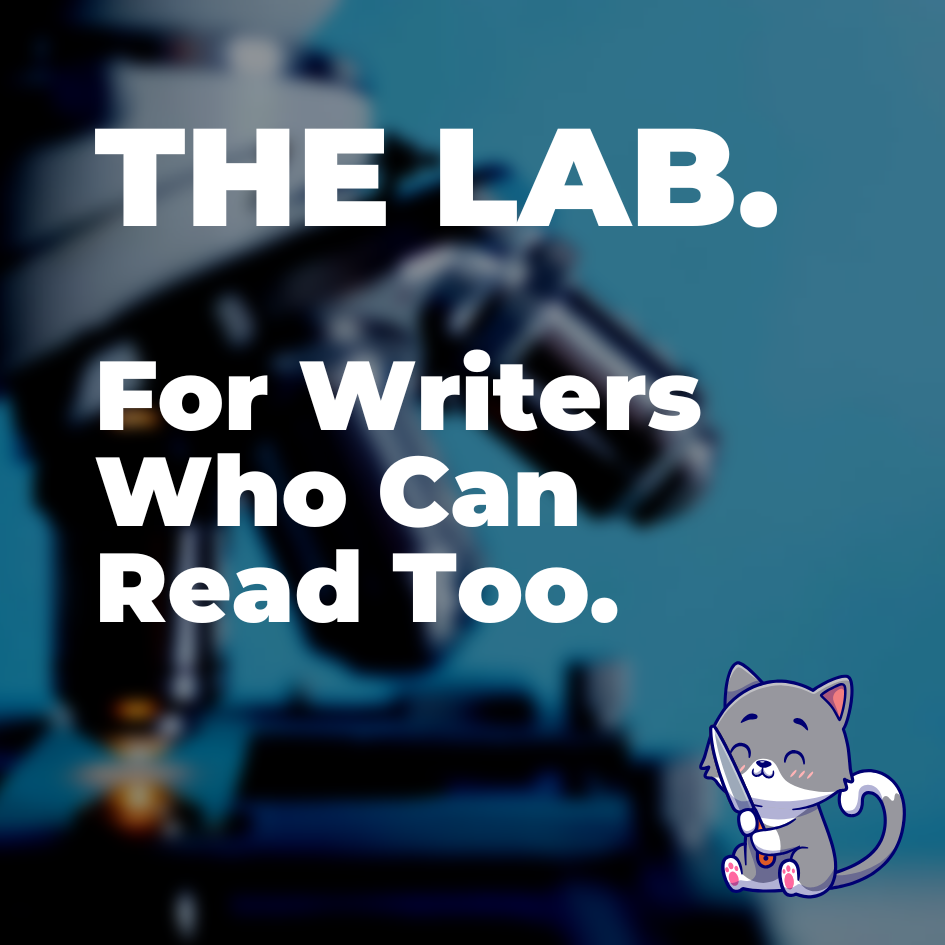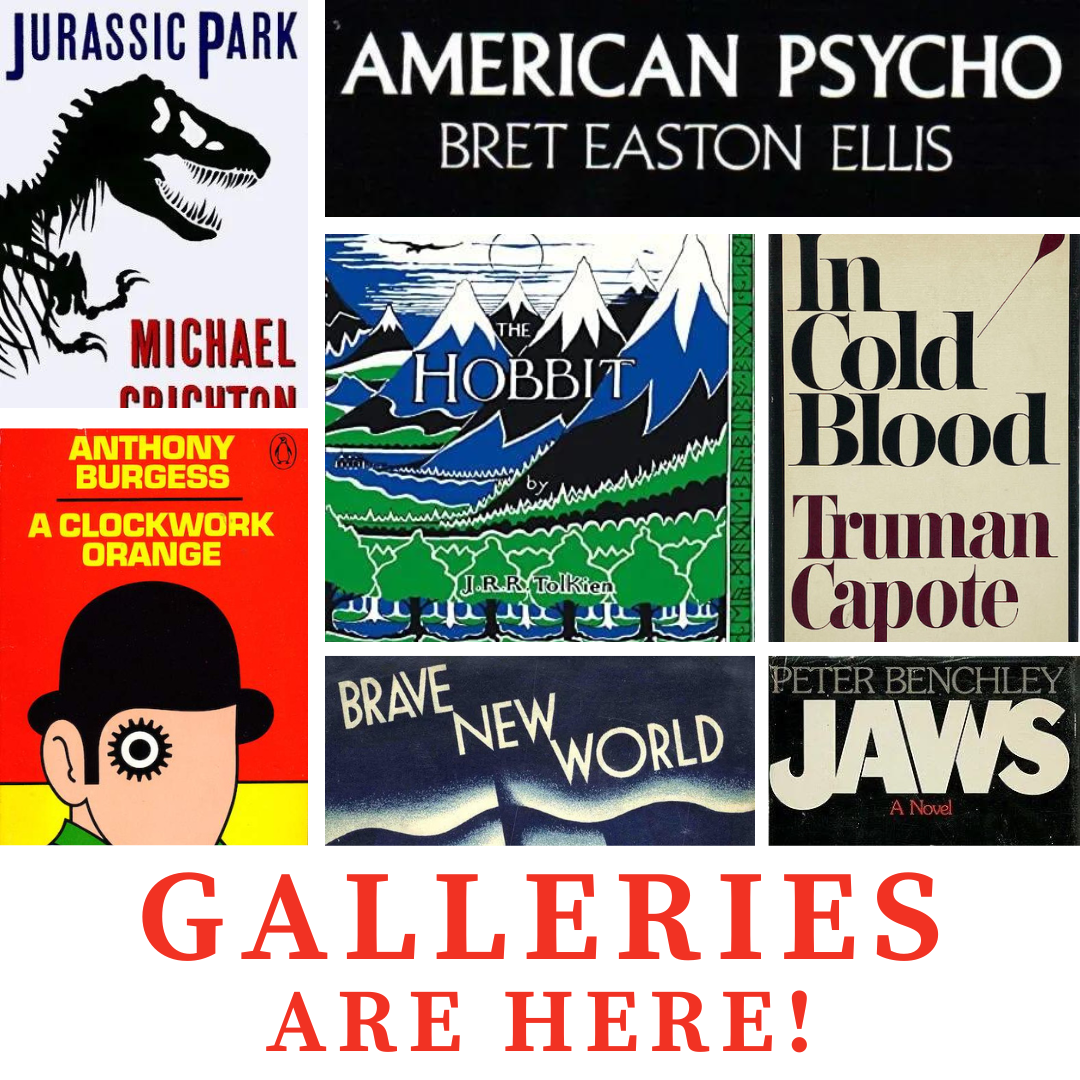Paul Whybrow
Full Member
This article on the Vulture website is a timely demolition of poorly written female monsters in fiction:
The Villainous Bitch Has Become the Most Boring Trend in Literature
I say 'timely,' for though the Me Too movement is doing long overdue work to eradicate and punish sexual assault and harassment, any protest movement engenders excessively contrived propaganda—including fiction.
Hillary Kelly's article made me wonder about which are my favourite bitches in novels...and how I've written about women with a dark side.
In books I've read, some of the most frightening women conform to the traits shown by the Wicked Queen in Disney's Snow White and the Seven Dwarfs, in that they're typical of how stepmother figures have been portrayed from the time of legends and fairy tales—insecure, jealous, controlling, self-absorbed and cunning.
I was reminded of this when I first watched Woody Allen's Annie Hall, in which he confesses his attraction to the Wicked Queen:
“You know, even as a kid I always went for the wrong woman. I think that’s my problem. When my mother took me to see Snow White, everyone fell in love with Snow White. I immediately fell for the Wicked Queen.” – Woody Allen.
She's both menacing and attractive, which makes her even more malevolent. In a 2014 survey, one-third of the 2,000 adults polled named The Wicked Queen as 'the scariest character of all time.'
Classic books: Snow White crowned Britain’s favourite fairy tale & Evil Queen beats Maleficent as the scariest villain - London Mums Magazine
It's important to differentiate between strong characters and bitchy characters. A female character can be empowered with strength and wisdom, without being spiteful. Males who are nasty tend to get called 'bastards'. Having said that, nowadays, the term 'badass' is used to cover a multitude of mean-tempered belligerence.
In fiction, I've been intimidated/angered/ entertained by the relentless ambition of Scarlett O'Hara in Gone With The Wind, the manipulative falsehoods of Amy Dunne in Gone Girl, the witchy despotism of Lady Macbeth, the worst book fan worship of Annie Wilkes in Misery, and the nutty religious fanaticism of Margaret White the mother of Carrie.
In my five crime novels, nine antagonists are male, while four are female. The bitchiest of them all is a foppish male art dealer, who despises everyone, revering paintings over people. One of the women is a serial killer, alongside her husband, taking hikers as food, while carrying out a campaign of retribution on people they consider to be sinners. She's a horrifying figure because she's a trained killer, inured to death from having fought in the Vietnam War and working for MI5 as an agent. In person, she's shy and withdrawn, self-conscious of being scarred by Agent Orange....but, she'd stab you as soon as look at you...then butcher your corpse and cook you for Sunday roast dinner. In that way, she's an evil bitch! I quite liked her.
My other three bad women include an ex-forces veteran, suffering with PTSD, a battered wife who kills her brute of a husband's ex-lover, trying to set him up for a fall as a murderer, and a salty mouthed ageing prostitute—who has a nice line in bitchy comments, scathing of men in general, but who's a sweetheart deep down yearning for a quiet life by the sea. A friend, who acted as a reader for the story featuring the tart liked her withering put-downs, asking for me to bring her back in another story:
"She kept moving, putting a sashay into her walk, as his eyes were sure to be glued to her bum—men were all the same—they thought with their balls, pointed with their cocks and talked out of their arseholes."
Who are your favourite bitches from fiction?
Have you created any yourself?

The Villainous Bitch Has Become the Most Boring Trend in Literature
I say 'timely,' for though the Me Too movement is doing long overdue work to eradicate and punish sexual assault and harassment, any protest movement engenders excessively contrived propaganda—including fiction.
Hillary Kelly's article made me wonder about which are my favourite bitches in novels...and how I've written about women with a dark side.
In books I've read, some of the most frightening women conform to the traits shown by the Wicked Queen in Disney's Snow White and the Seven Dwarfs, in that they're typical of how stepmother figures have been portrayed from the time of legends and fairy tales—insecure, jealous, controlling, self-absorbed and cunning.
I was reminded of this when I first watched Woody Allen's Annie Hall, in which he confesses his attraction to the Wicked Queen:
“You know, even as a kid I always went for the wrong woman. I think that’s my problem. When my mother took me to see Snow White, everyone fell in love with Snow White. I immediately fell for the Wicked Queen.” – Woody Allen.
She's both menacing and attractive, which makes her even more malevolent. In a 2014 survey, one-third of the 2,000 adults polled named The Wicked Queen as 'the scariest character of all time.'
Classic books: Snow White crowned Britain’s favourite fairy tale & Evil Queen beats Maleficent as the scariest villain - London Mums Magazine
It's important to differentiate between strong characters and bitchy characters. A female character can be empowered with strength and wisdom, without being spiteful. Males who are nasty tend to get called 'bastards'. Having said that, nowadays, the term 'badass' is used to cover a multitude of mean-tempered belligerence.
In fiction, I've been intimidated/angered/ entertained by the relentless ambition of Scarlett O'Hara in Gone With The Wind, the manipulative falsehoods of Amy Dunne in Gone Girl, the witchy despotism of Lady Macbeth, the worst book fan worship of Annie Wilkes in Misery, and the nutty religious fanaticism of Margaret White the mother of Carrie.
In my five crime novels, nine antagonists are male, while four are female. The bitchiest of them all is a foppish male art dealer, who despises everyone, revering paintings over people. One of the women is a serial killer, alongside her husband, taking hikers as food, while carrying out a campaign of retribution on people they consider to be sinners. She's a horrifying figure because she's a trained killer, inured to death from having fought in the Vietnam War and working for MI5 as an agent. In person, she's shy and withdrawn, self-conscious of being scarred by Agent Orange....but, she'd stab you as soon as look at you...then butcher your corpse and cook you for Sunday roast dinner. In that way, she's an evil bitch! I quite liked her.
My other three bad women include an ex-forces veteran, suffering with PTSD, a battered wife who kills her brute of a husband's ex-lover, trying to set him up for a fall as a murderer, and a salty mouthed ageing prostitute—who has a nice line in bitchy comments, scathing of men in general, but who's a sweetheart deep down yearning for a quiet life by the sea. A friend, who acted as a reader for the story featuring the tart liked her withering put-downs, asking for me to bring her back in another story:
"She kept moving, putting a sashay into her walk, as his eyes were sure to be glued to her bum—men were all the same—they thought with their balls, pointed with their cocks and talked out of their arseholes."
Who are your favourite bitches from fiction?
Have you created any yourself?





